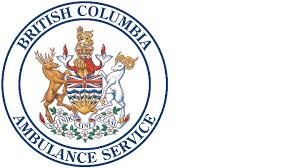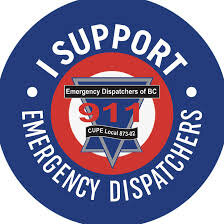58 Years Ago
In my sorting of Women's Institute materials, I have had the great good fortune of becoming more knowledgeable about some of the tremendous efforts made by members who have passed on to the next realm.
Just a few months ago, I was fortunate to find a copy of the Brief presented to the Royal Commission on Health Services. It is dated February 22, 1962. A six page brief which covered 17 points of health care service within British Columbia, the purpose of this document is listed as To show the interest of all Women's Institute members in problems relating to health, and to offer the services of our organization in rural areas and small communities of the province, solely, or in cooperation with other organizations, in introducing and sponsoring educational and preventative programmes and projects for the benefit of all members of the community.
Researched, drafted and presented by a committee comprised of Jean Robinson (Shirley WI), Hazel Gunderson (Vinsulla WI) and Ellen Kinvig (Nicola Valley WI) the brief covered such divergent aspects of health as Mental Health, Dental Health, Cancer Control and Treatment, Nutrition, Ambulance Service, Drugs and Home Nursing.
 Under Ambulance Serviceit reads: The Women's Institutes ask that a system of airplane, helicopter and motorized ambulance service be set up throughout the province and standards be set requiring all attendants to hold VALID recognized First Aid Certificates. It is known that many men drive ambulance for the thrill and daring. All drivers must be educated to not increase the shock already suffered by the patient by excessive speed, rough handling and the needless blaring of the siren.
Under Ambulance Serviceit reads: The Women's Institutes ask that a system of airplane, helicopter and motorized ambulance service be set up throughout the province and standards be set requiring all attendants to hold VALID recognized First Aid Certificates. It is known that many men drive ambulance for the thrill and daring. All drivers must be educated to not increase the shock already suffered by the patient by excessive speed, rough handling and the needless blaring of the siren.
The authors also addressed the subject of Practical Nurses – it reads in part:
The Practical Nurses Act has not been implemented in British Columbia. The Women's Institutes of the province have repeatedly asked that this Act be put into effect to protect the public and to provide competent Practical Nurses where required. The number of Vocational Training Schools providing such a course would have to be substantially increased, in order that even the present requirements for trained practical nurses can be filled when the Act is finally implemented. The qualifications for all women who are, at the present time, working as practical nurses should be studied prior to the implementation of the Act, to ascertain the number who will require further training and to give recognition to those who are already qualified.
Other points addressed included Homes for the Aged, Immunization, and First Aid. This was a job thoroughly researched and well written, and I am sure, well presented. Quite possibly this is the first time that many of today's members of the British Columbia Women's Institute have heard of this document, but I feel that we need to review what members have done in the past, so that we may see today's problems more clearly and be better equipped to speak up for the benefit of our communities needs today.
If you are interested in an additional column on this brief, please let me know, and I could prepare another for later in the year. In the meantime, I wish you all good health and the same for all those you care about,
Yours For Home and Country, Ruth Fenner, BC Women's Institute Historian
